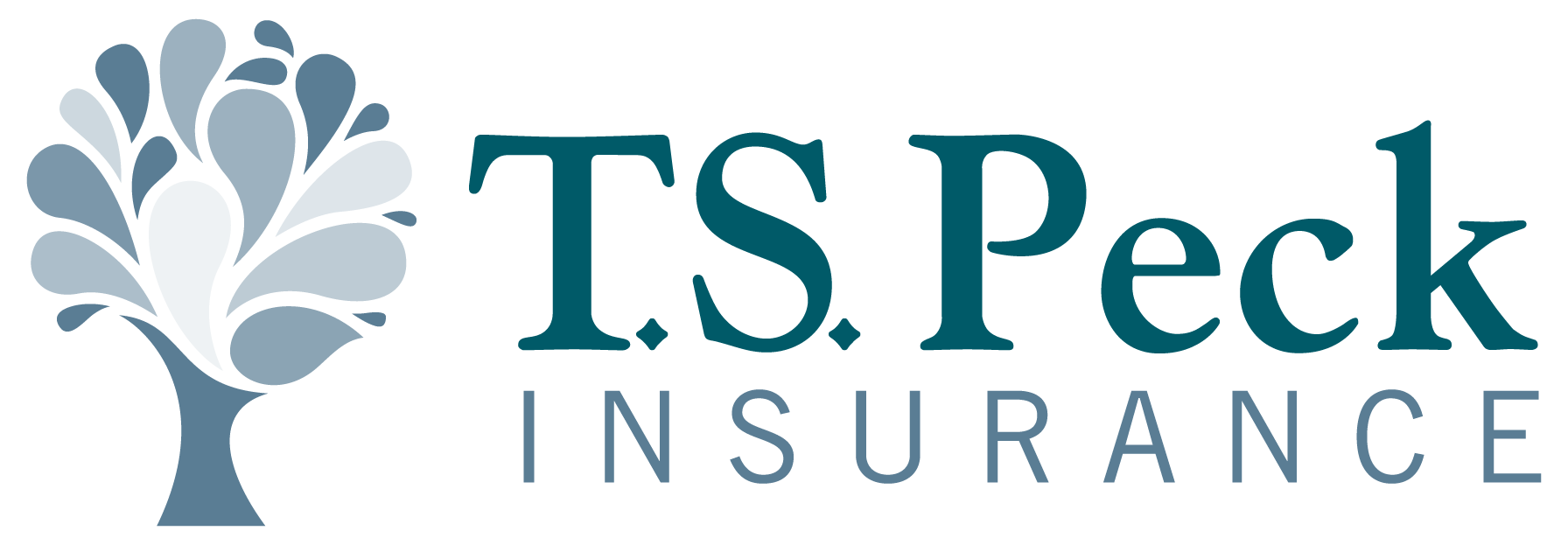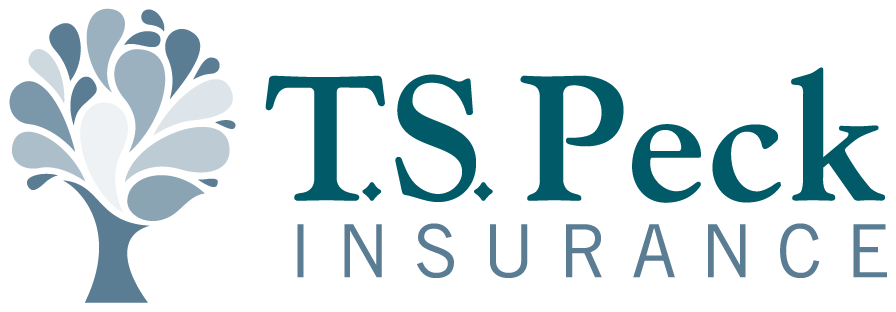Generally speaking, commercial umbrella insurance policies don’t have standard deductibles. While there may be an occasional exception, you’re far more likely to find underlying limits requirements and self-insured retentions in your Vermont business’ commercial umbrella policy. These are similar to deductibles but not exactly the same.

Are There Deductibles in My Vermont Business’ Commercial Umbrella Insurance?
Underlying Limits in Commercial Umbrella Insurance Policies
Many of the protections that commercial umbrella insurance policies offer extended coverages afforded by primary insurance policies, and insurers underwrite commercial umbrella policies with the presumption that certain primary policies will be in place. To make sure they are, insurers include underlying limits requirements in commercial umbrella policies.
Underlying limits typically stipulate how much coverage must be provided by a primary, or underlying, policy. If there isn’t a primary policy that affords at least this much protection, then the corresponding portion of the commercial umbrella policy’s coverage might be compromised.
As an example, assume that your Vermont business has a commercial umbrella policy that carries a $1 million general liability underlying limit. In this scenario, your business must carry a general liability policy that offers at least $1 million worth of coverage. Should you not purchase such a policy, the commercial umbrella policy may not pay on claims.
Underlying limits work a lot like deductibles, but they’re normally paid by a primary policy rather than the policyholder. Of course, any primary policy may have its own deductible that must be paid before that policy begins offering coverage.
Self-Insured Retentions in Business Umbrella Insurance Policies
Self-insured retentions normally come into play when there is no primary policy providing support for a business umbrella insurance policy’s coverages. This happens most often when a business umbrella policy is used to fill in gaps rather than extend limits.
Self-insured retentions are amounts that your business must pay before a business umbrella insurance policy will begin paying on a covered claim. Since there’s no primary policy offering coverage for the claim, your business must self-insure to a certain level.
For instance, assume your company’s business umbrella insurance has a $50,000 self-insured retention for claims that aren’t covered by any primary insurance policy. Should you need to file one of these claims, your business will likely have to pay $50,000 toward the losses before the commercial umbrella policy will start paying.
Self-insured retentions are quite similar to deductibles, but there are sometimes differences between the two. The biggest difference is often the amount, with self-insured retentions frequently being much larger than deductibles. Once in a while, “self-insured retention” and “deductible” may be used interchangeably because they are so similar.

Get Coverage with a Vermont Agent’s Help
Underlying limits and self-insured retentions can make purchasing a commercial umbrella policy more complex than getting other forms of commercial insurance. It’s not uncommon for policies to have multiple underlying limits and self-insured retentions, and misreading any one could compromise a policy’s umbrella coverage. For these reasons, business umbrella insurance is one coverage that business owners should purchase with the assistance of a knowledgeable insurance agent.
For help finding a commercial umbrella insurance policy for your Vermont business, contact the independent insurance agents at T.S. Peck Insurance. Our agents have helped many businesses navigate the commercial umbrella selection process, and they’re ready to assist you. After determining your business’ particular needs, an agent can get quotes from multiple insurers and compare each one with you. After choosing a policy, our agent will make sure you have all necessary underlying limits in place and understand what the self-insured retentions are.

